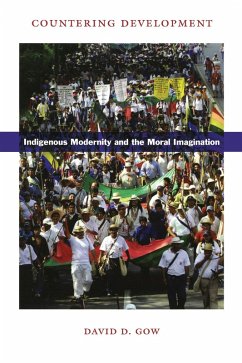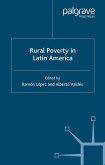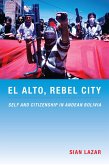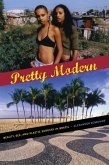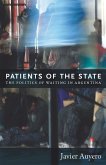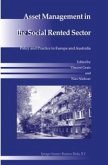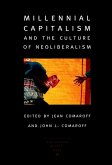Cauca, located in southwestern Colombia and home to the largest indigenous population in the country, is renowned as a site of indigenous mobilization. In 1994, following a destructive earthquake, many families in Cauca were forced to leave their communities of origin and relocate to other areas within the province where the state provided them with land and housing. Noting that disasters offer communities the opportunity to remake themselves and their priorities, David D. Gow examines how three different communities established after the earthquake wrestled with conflicting visions of development. He shows how they each countered traditional notions of development by moving beyond a myopic obsession with poverty alleviation to demand that Colombia become more inclusive and treat all of its people as citizens with full rights and responsibilities.Through ethnographic fieldwork conducted annually in Cauca from 1995 through 2002, Gow compares the development plans of the three communities, looking at both the planning processes and the plans themselves. In so doing, he demonstrates that there is no single indigenous approach to development and modernity. He describes differences in how each community defined and employed the concept of culture, how they connected a concern with culture to economic and political reconstruction, and how they sought to assert their own priorities while engaging with the existing development resources at their disposal. Ultimately, Gow argues that the moral vision advanced by the indigenous movement, combined with the growing importance attached to human rights, offers a fruitful way to think about development: less as a process of integration into a rigidly defined modernity than as a critical modernity based on a radical politics of inclusive citizenship.
Dieser Download kann aus rechtlichen Gründen nur mit Rechnungsadresse in A, B, BG, CY, CZ, D, DK, EW, E, FIN, F, GR, HR, H, IRL, I, LT, L, LR, M, NL, PL, P, R, S, SLO, SK ausgeliefert werden.

